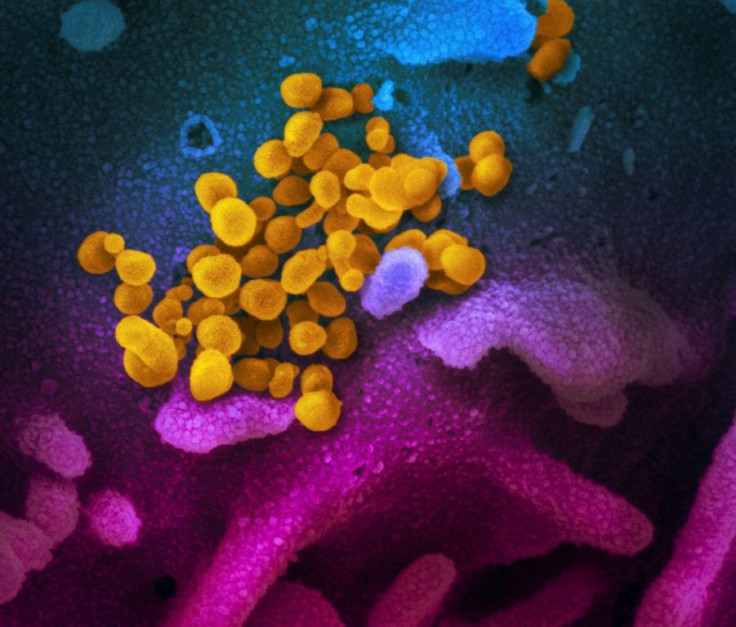COVID-19 And Erectile Dysfunction: Researchers Find Virus In Penile Tissue
KEY POINTS
- Researchers found evidence of endothelial dysfunction in penile tissue
- The COVID-19 virus was found in penile tissue months after the initial infection
- This suggests endothelial dysfunction from COVID-19 can lead to erectile dysfunction
Can COVID-19 lead to erectile dysfunction? A team of researchers has found traces of the virus in penile tissue long after the patients have recovered.
For their study, published in the World Journal of Men's Health, the researchers collected penile tissues from four men who got penile prosthesis surgery for erectile dysfunction (ED). Two of them had been infected with COVID-19 while the two others were not. Among the infected men, one had been hospitalized but the other had only developed mild symptoms.
They collected the samples to check for traces of the COVID-19 virus and also for endothelial dysfunction.
"Endothelial dysfunction is a condition in which the lining of the small blood vessels fails to perform all of its functions normally," the University of Miami Miller School of Medicine explained in a news release. "As a result, the tissues supplied by those vessels could undergo damage."
The researchers found traces of COVID-19 in the penile tissue of the men with a history of the illness. They found evidence of endothelial dysfunction only in the participants with a history of COVID-19 infection. It had been six and eight months since the men were infected.
"Our study is the first to demonstrate the presence of the COVID-19 virus in the penis long after the initial infection in humans," the researchers wrote. "Our results also suggest that widespread endothelial cell dysfunction from COVID-19 infection can contribute to ED."
The findings suggest that endothelial dysfunction from COVID-19 can lead to erectile dysfunction, with the virus' presence in penile tissue worsening the condition.
"Our research shows that COVID-19 can cause widespread endothelial dysfunction in organ systems beyond the lungs and kidneys," Dr. Ranjith Ramasamy, study co-author and director of the Miller School's Reproductive Urology Program, said in the news release. "The underlying endothelial dysfunction that happens because of COVID-19 can enter the endothelial cells and affect many organs, including the penis."
The results fall in line with another study published earlier this year, which found that men who had a history of COVID-19 were six times more likely to develop erectile dysfunction. In the study, titled "Mask up to keep it up, Preliminary evidence of the association between erectile dysfunction and COVID‐19," the researchers analyzed 100 samples and found a "significantly higher" prevalence of erectile dysfunction in the group of men who had tested positive for COVID-19.
Even in 2020, experts had warned that even mild COVID-19 can cause long-term erectile dysfunction issues.
"These latest findings are yet another reason that we should all do our best to avoid COVID-19," said Eliyahu Kresch, medical student and first author of the current study.

© Copyright IBTimes 2025. All rights reserved.






















